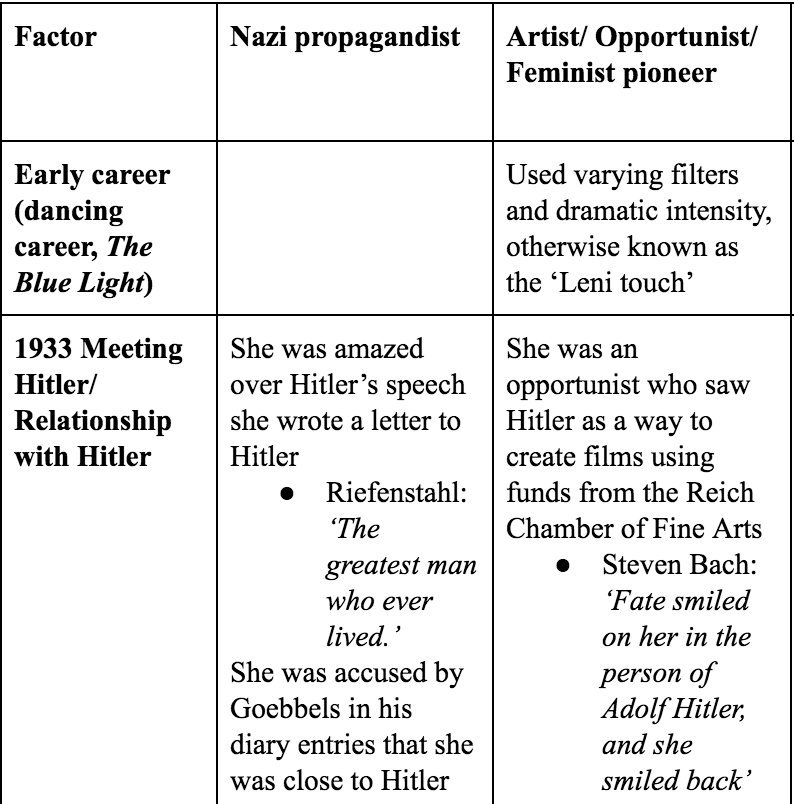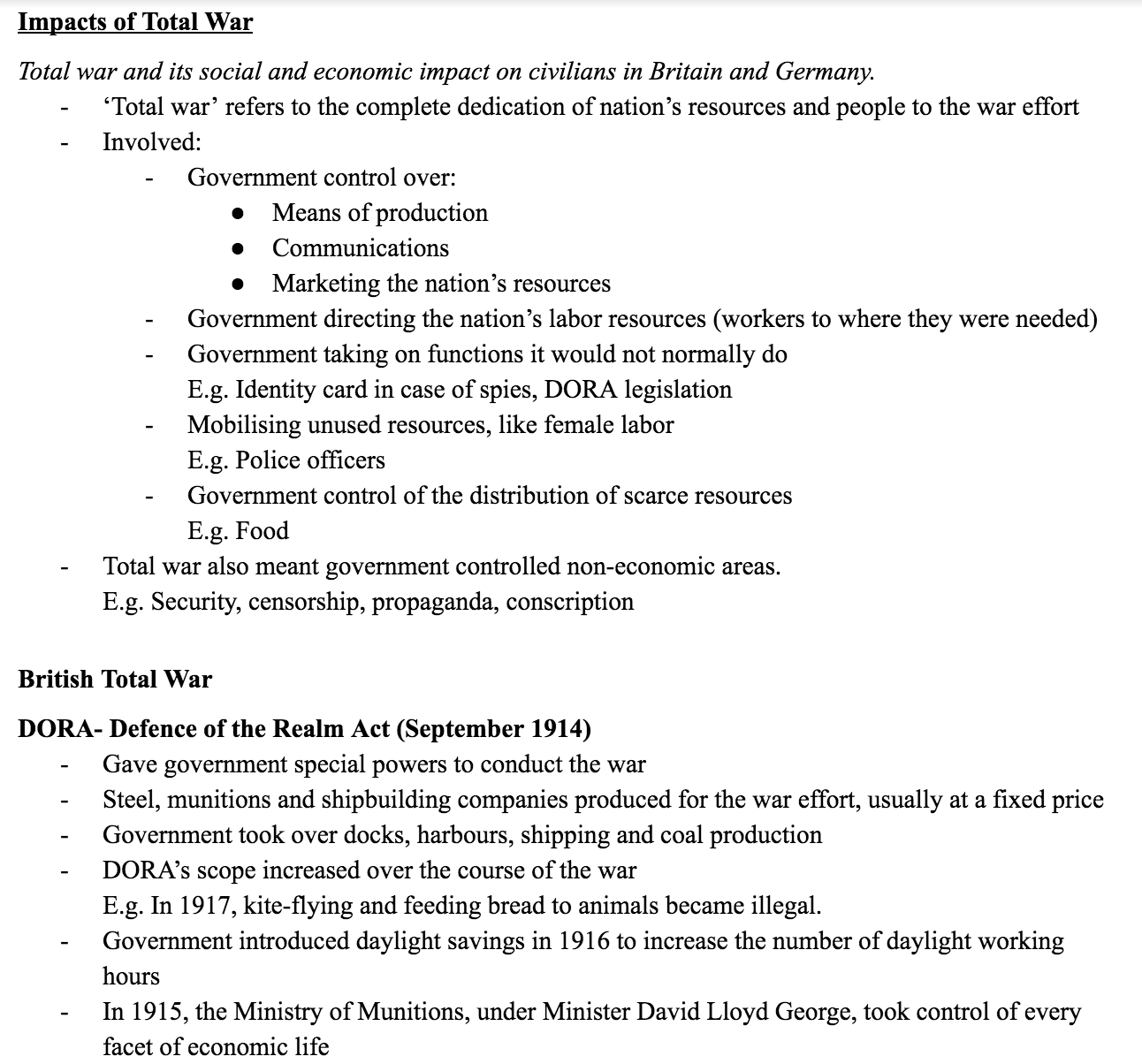Olivia is a current Year 12 student studying HSC Modern History. For everything Modern, check this out.
HSC Modern History, just like any other Humanities subject, is a very content-heavy subject. History subjects are associated with memorising dates, but in Modern History, it’s more than dates; essay structures, source analysis, key terms- these are some of the things you’ll need to focus on skill-wise. Content-wise, you need to be prepared to understand social, political and economic issues because some of the topics can get quite heavy. Hence, here are a few ways in surviving HSC Modern History.
Understanding the Content
One of the hardest things in Modern History is the content. There are so many things you need to know content-wise because detail is important when elaborating in essays. On top of that, knowing the content can help you show links between the events and understand the impacts. The most common way to divide these impacts are: social, economic and political. It is important to understand how these ideas differ and/or overlap because there are a number of essay questions where they ask you to assess the impact of a specific event.
.
Social
These address how the event has impacted societal structures and social class, the way people think, culture, ideologies – just to name a few. An example of this is the social impacts of Weimar Germany being the constitution allowing women the right to vote and the flourishing film industry. Generally, social impacts are easier to understand, but make sure you know the social impacts and have examples to support social impacts.
Economic
Just like how it sounds, it addresses issues such as hyperinflation, trade and unemployment rates. This is where the content can get difficult because concepts such as macroeconomics and inflation gets confusing, especially to those who don’t do Economics. The best way to understand the economic impacts, flow charts are great in showing cause and effect. Following my Weimar Germany example, when going through hyperinflation, I did a flow chart to show: no workers in the Ruhr → lower numbers in resources → increase in prices (supply and demand). This helped me break down the concepts and show a clear cause and effect.
Political
These address any new policies, constitutions, governments and how the country is run. Politics can also get confusing because there are a lot of policies and ideologies to understand and how that can impact the society. Personally, I think the difficult part of understanding the political impacts is applying the concepts because understanding ideologies and the political spectrum can be easy, but you need to weigh the pros and cons of these ideologies to understand why there was political instability. Communism is a great example – as great as it sounds to maintain a classless society, communism is generally associated with violence and requires overthrowing an authoritative figure. The best way to understand the political impacts, know the political spectrum really well to help understand the aims of different political parties and why these parties did or didn’t succeed in winning votes (if in a democratic system).
Writing a Source Analysis
Writing a source analysis is probably considered as a tedious exercise to many students. Understandable, because when you understand the structure, it gets repetitive. One thing I heard was that some teachers would teach acronyms. Do not follow those acronyms. The problem with acronyms is that you fall under the assumption that you have to include every single aspect when writing a source analysis – it ends up as a list but you’re not really analysing. My teacher suggested analysing the sources separately. In each source analysis, you should have two paragraphs: usefulness and reliability.
Usefulness
How useful is the source? What information can you get out of the source? These are the two ideas you should be thinking about when writing your usefulness paragraph. This requires you to quote the source (if it’s a text) or describe the source (if it’s an image) and relate it to the question. How relevant is this piece of information to what the historian is looking for? You can also mention any pieces of information that may be left out. For example, if it’s a photograph of young British men queueing and the question is addressing how useful this source is in showing ‘war fever,’ you could talk about how since it’s a photograph, it only captures a moment in time, meaning it’s not completely useful.
Reliability
Can you trust this source? You should be keeping this question in mind when writing your reliability paragraph. You may have to consider purpose, audience and when the source was made. However, use them if they are applicable to the source. Another aspect you need to consider is that if the source is propagandistic, it doesn’t mean you should dismiss the source as biased. All sources are biased. Instead, you could talk about how that piece of propaganda reflects the attitudes during that time since it was made during the time period. Cross-referencing can also enhance your response as it emphasises that the source is reliable since it aligns with other external sources.
That being said, if your teacher has taught you to use acronyms, follow their instructions since they will be the one marking your assessments. Just make sure your source analysis doesn’t turn into a list. Another important thing you should always remember is to include a judgement. Always remember to put this in the first sentence. Don’t forget to include perspective since the question always asks you to address the perspective. I would suggest weaving perspective in the reliability paragraph, but can also be applicable in usefulness.
Essay-Writing
Essays are inevitable – you have three 25-mark essays, albeit your Personality essay is split up into a 10-mark and 15-mark essay. Considering how most of your essay-questions are ‘assess’ questions, the most important aspect in your essay is your judgement. Your judgement should be your first sentence in your introduction and paragraph to reinforce your stance.
The general structure for an introduction should be:
Your stance in relation to the question (including a judgement)
Explanation of your judgement in relation to the context
Elaborate by explaining your paragraphs (this may go over than one sentence)
Restate your thesis and how it relates to the question
As for your standard paragraph, the PEEL structure (point, explain, evidence, link) should be used. Personally, I think it should be PEEEL because you need to elaborate how that evidence relates to your explanation, and then link back to your thesis and question.
When it comes to evidence, it can range from statistics to historian quotes. A lot of students worry about memorising historian quotes – this is not compulsory but it can really enhance your argument. Remember, you should be structuring your arguments based your assessment of these events, not what the historian thinks. If you decide to throw in a historian quote, one or two should be enough. You can also paraphrase a historian – my teacher highly recommended this because to some teachers, it’s a lot more impressive for you to understand what the historian says and put it in your own words rather than regurgitating a quote you may or may not understand.
Personality Essays
These essays are a bit different, in the sense that there is a ‘describe’ question and an ‘evaluate’ question. Part A is supposed to be the section where you can easily get marks because it’s a regurgitation of facts. However, your paragraphs must be sustained and set out in a logical manner, meaning that it should be set out chronologically. You don’t really have a thesis since you’re just narrating their main events, but you can ‘argue’ that these main events are significant in your Personality’s life. However, judgement words should be avoided because you’re describing.
Part B, on the other hand, is your standard essay structure. However, you need to make your evaluation clear. I would suggest making an argument table where you have one column to address any factors or events in your Personality’s life and have some more columns addressing any controversies or debates. Here is an example of my argument table on Leni Riefenstahl:
Notice how I included possible arguments and historian quotes. I mentioned previously that historian quotes aren’t compulsory in your regular essays. It applies with Personality essays as well, but for questions that ask about ‘different interpretations,’ I would suggest knowing a variety of opinions towards your Personality to satisfy that ‘different interpretations’ component.
Study Techniques
Considering how content-heavy HSC Modern History is, notes are very important. It acts like a textbook, just more concise. I would suggest setting up your notes based on the syllabus. Here’s a sample from my own study notes:
Notice how I have the syllabus dot pot in italics and have my information underneath in dot points. This makes it easier for me to understand and not overwhelming to look at when I revisit. That being said, making study notes doesn’t mean you’re absorbing the information.
Doing past papers is when you’re doing quality studying because you may memorise the information, but you’re not applying the information. Doing practice essays and short answers in timed conditions can really help you manage your time in exams and see if there are any holes in your knowledge. You can also develop your arguments in our HSC Modern History debate thread, where a moderator will come up with a question and you can argue in relation to that question! It’s a great place where you can develop your arguments and see how other people can argue against or agree with your arguments.
So here are a few ways you can do to survive HSC Modern History. If I were to summarise this whole article, content and judgement would be my two most important key words. The whole point of this course is for you to take a stance on specific events and use your knowledge to support your judgement.
Check out @studywithlivia for some study motivation!













Comments
No comments yet…